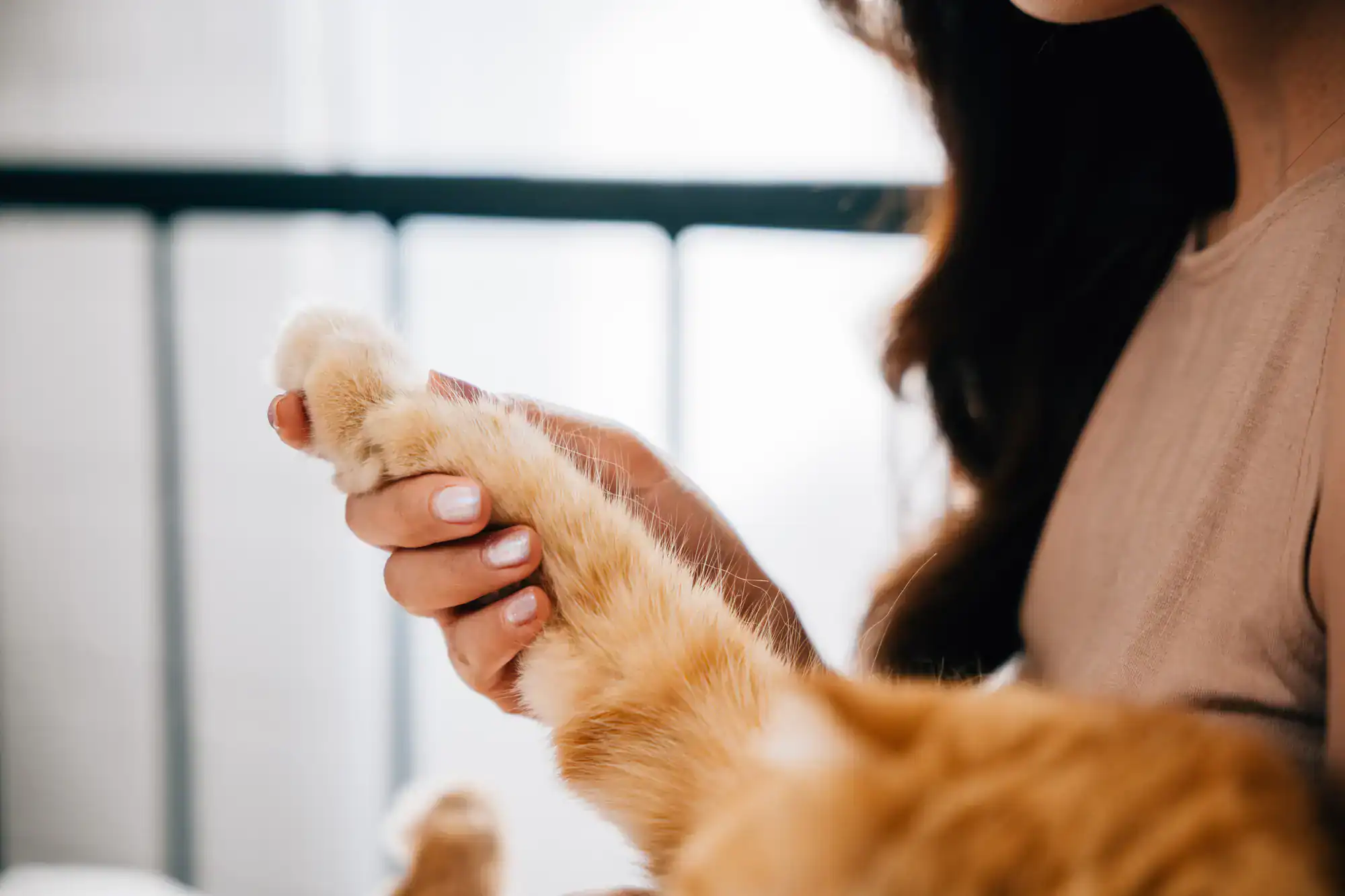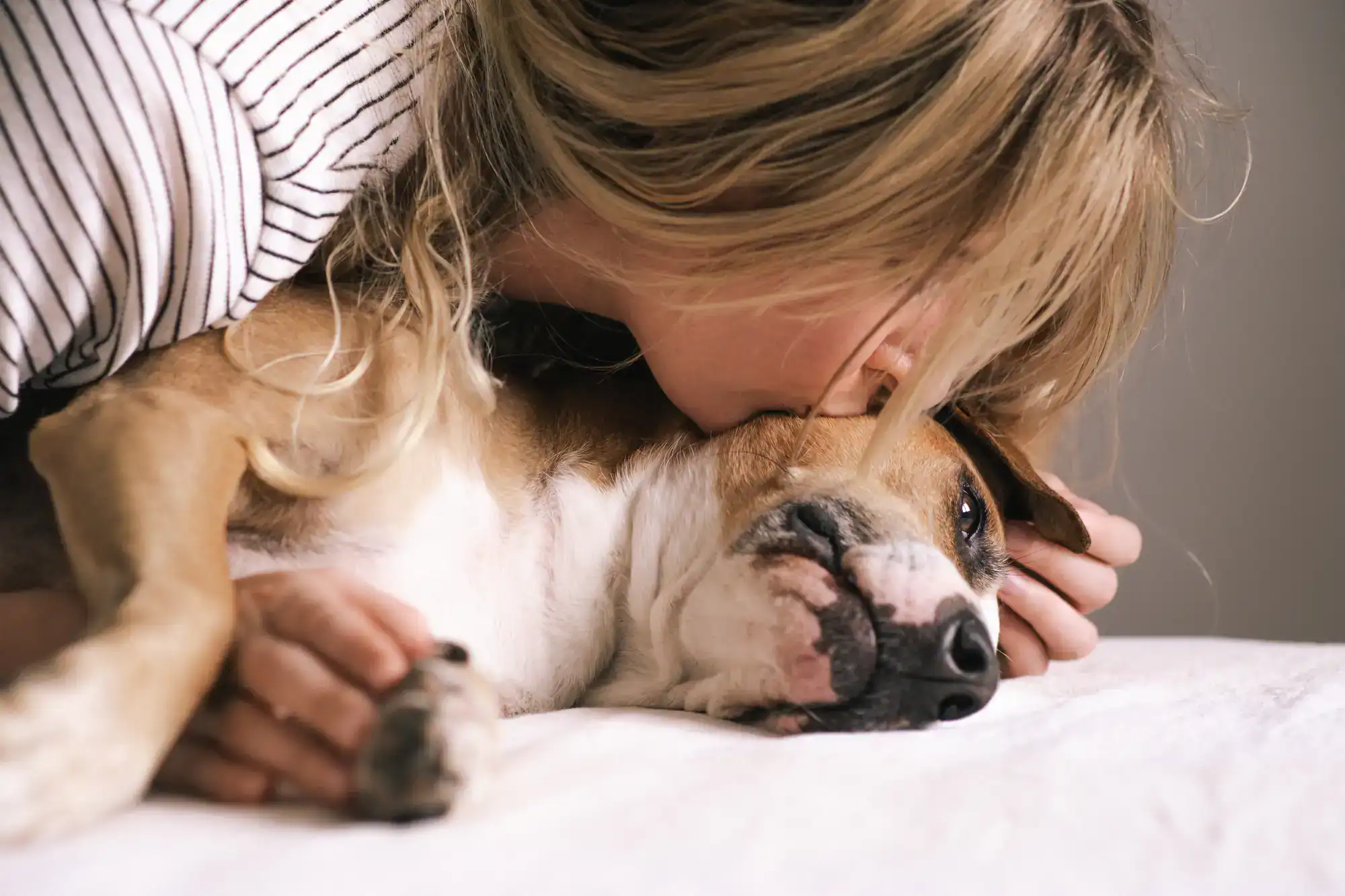Pet Loss Support in Bellaire, TX
Your Grief Deserves Real Support
The silence where your pet used to be feels deafening. Professional pet loss support helps you navigate this profound grief with people who understand that losing your companion isn’t “just” anything.

Hear from Our Customers

Pet Grief Counseling Bellaire
Every corner of your home holds a memory. The routine feels broken. You catch yourself listening for sounds that won’t come. This isn’t dramatic—it’s one of life’s most devastating losses, and your grief is completely valid.
Pet loss support gives you tools to navigate grief that doesn’t follow neat timelines. You’ll process guilt about end-of-life decisions, handle well-meaning friends who don’t understand, and learn to honor your bond while rebuilding your ability to function.
The goal isn’t forgetting your pet or “moving on.” It’s learning to carry their love forward while reclaiming sleep, appetite, and eventually finding moments of peace in a world that feels fundamentally changed.
Bellaire Pet Loss Resources
We at Angel Oaks Pet Crematory have guided Harris County families through pet loss since 1989. We’ve seen how grief hits differently when your pet was your primary companion, your emotional support, or your child’s first experience with unconditional love.
As members of the American Association for Pet Loss and Bereavement, our team includes two full-time veterinarians who understand the unique bond between pets and families. We know that in Bellaire, where household incomes average over $236,000, many families invested deeply in their pets’ care and struggle with guilt about treatment decisions.
Our bilingual resources serve the area’s diverse community, recognizing that cultural attitudes toward pet loss vary and all perspectives deserve respect and professional attention.

Coping With Pet Loss Process
Pet grief isn’t one-size-fits-all because your bond wasn’t either. Some people need help processing sudden loss. Others face anticipatory grief during terminal illness. Many struggle with friends who think they should be “over it” by now.
We start by validating that your grief is normal and deserved. Then we help identify what you’re experiencing—denial, anger, guilt, depression—knowing you might cycle between stages unpredictably. That’s normal too.
You’ll get practical strategies for triggers like feeding time, favorite sleeping spots, or the jingle of their collar. We address specific challenges Bellaire residents face: guilt over expensive treatments, isolation when your pet was your primary companion, and helping children process their first encounter with death.
Support includes individual sessions, group meetings with other pet owners, family counseling, and 24/7 resources for when grief hits hardest—usually at 2 AM when the house feels impossibly quiet.

Ready to get started?
Pet Bereavement Support Bellaire
Our pet loss support in Bellaire addresses challenges specific to our community. Many residents are older adults living alone, making pet loss particularly isolating. Others are families who invested significantly in veterinary care and struggle with guilt about treatment decisions.
Our services include crisis support for sudden losses, planned guidance for anticipated deaths, memorial planning, and resources for surviving pets who may also be grieving. We coordinate with local veterinary clinics to provide seamless support during your most vulnerable moments.
Support groups meet regularly with both in-person and virtual options. We understand grief doesn’t follow business hours, and sometimes you need help when the rest of the world is sleeping. Our 24/7 resources include hotlines, online support communities, and emergency counseling for acute grief episodes.
Special programs serve Bellaire’s diverse population, including bilingual counseling and cultural sensitivity training to ensure every family receives appropriate support regardless of background or beliefs about pet loss.

How long is normal to grieve for a pet?
Is guilt normal after my pet dies?
Should I get another pet to help with grief?
How do I handle people who don't understand?
What if I feel completely overwhelmed by grief?
How can I help my children through pet loss?
Other Services we provide in Bellaire
